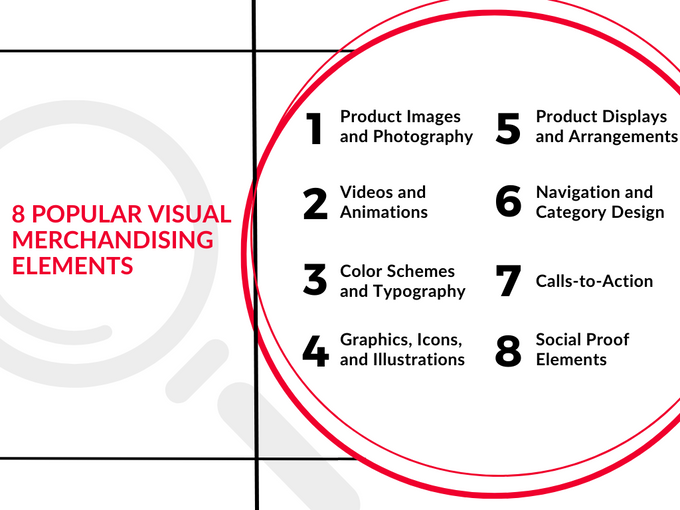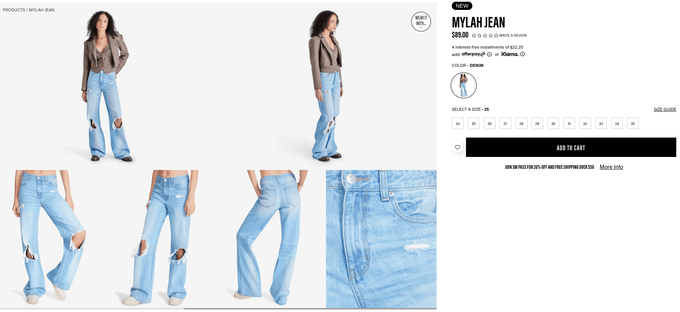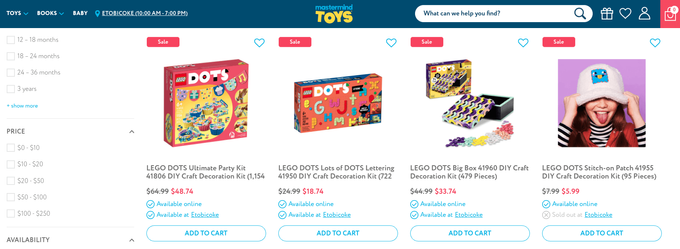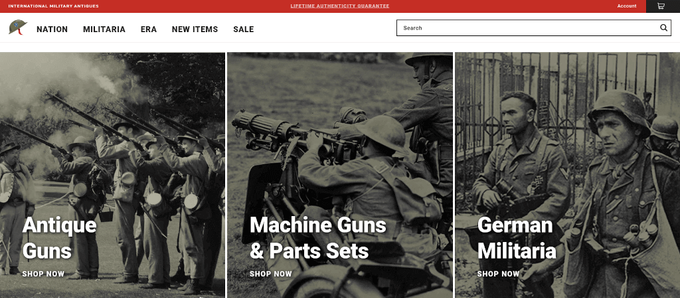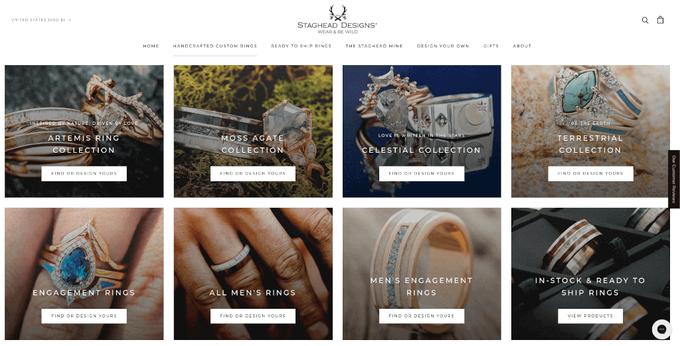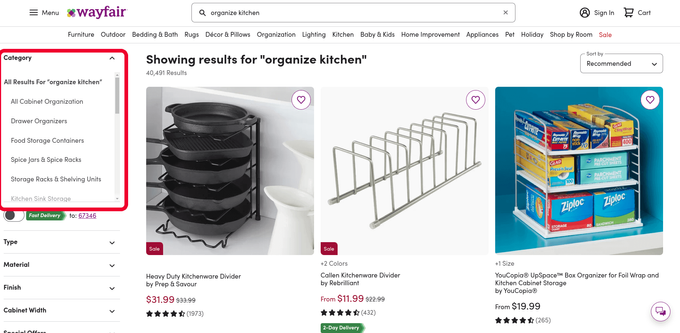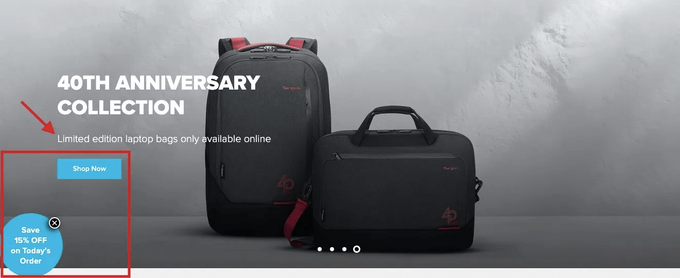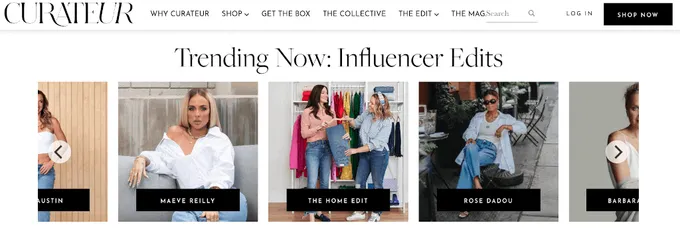Crafting an Effective Visual Merchandising Plan: 8 Fundamental Aspects
Updated November 19, 2024.

Saying you need to implement visual merchandising is easy, but seeing it through can be challenging. Learn how to craft an effective visual merchandising plan by including the most fundamental aspects.
8 Popular Visual Merchandising Elements
1. Product Images and Photography
Investing in high-quality product images is a fundamental element of visual merchandising. Clear and appealing photographs that showcase your products from various angles help customers make informed purchasing decisions.
Popular designer Steve Madden is known for providing 360-degree views of their products to potential buyers. With a single click, you may see an enlarged version of any of the photos.
2. Videos and Animations
Engaging videos and animations can be powerful tools to showcase your products in action. These visual aids provide additional information and context, such as demonstrating how to use a product or highlighting its unique features.
UK-based online florist Bloom & Wild provides customers with tutorial videos that demonstrate how to get the most out of purchases.
3. Color Schemes and Typography
Consistency in color schemes and typography is essential to establish a strong brand identity and make it easily recognizable to customers.
Mastermind Toys, a children's books and toys online retailer, uses only two colors: blue and red. Customers are reassured by the use of blue, while important information like discounted prices and sale badges are red.
4. Graphics, Icons, and Illustrations
Visual elements like graphics, icons, and illustrations can elevate your website's design and enhance its storytelling. These elements can reinforce your brand values and create a memorable impression on visitors.
IMA, the world leader in military collectibles and antiques, uses pictures of soldiers for their collections to evoke a sense of pride and respect.
5. Product Displays and Arrangements
By organizing your products in an intuitive and visually pleasing manner, you can guide shoppers through your inventory more effectively.
Staghead Designs, a specialist wedding and engagement ring designer, groups related items together in collections, making it easier for customers to find what they want.
» Need more help? See our best digital merchandising examples
6. Navigation and Category Design
Efficient and user-friendly navigation is crucial to ensure a smooth shopping journey for your customers. Well-designed site search bars, category pages, menus, and filters help visitors quickly find the products they seek.
Wayfair's product search engine uses natural language search to compare every word in a customer's query against their database, helping to fill in the gaps where the query lacks specificity or precision.
7. Calls-to-Action
Strategically placed and compelling calls-to-action (CTAs) drive customer engagement and conversions. Encouraging phrases like "Buy Now", "Add to Cart", or "Limited Time Offer" prompt visitors to take action, boosting sales and increasing customer satisfaction.
Targus, a computer accessories online retailer, features prominent CTAs that specify a discount and encourage immediate action.
8. Social Proof Elements
Integrating social proof elements like customer reviews and ratings can build trust and credibility. Positive feedback from previous buyers can influence potential customers' decisions and create a sense of assurance.
CURATEUR, a leading retailer and lifestyle icon, lets their customers shop according to influencers. Customers can easily browse products recommended by their favorite influencers, allowing them to effortlessly emulate the lifestyle they want.
Mastering eCommerce: Visual Merchandising Like A Pro
A well-executed visual eCommerce merchandising plan plays a pivotal role in shaping your eCommerce store's success. By employing these visual elements, you can create a captivating and immersive shopping experience for your customers.
» Discover the differences and similarities between retail vs. eCommerce visual merchandising
